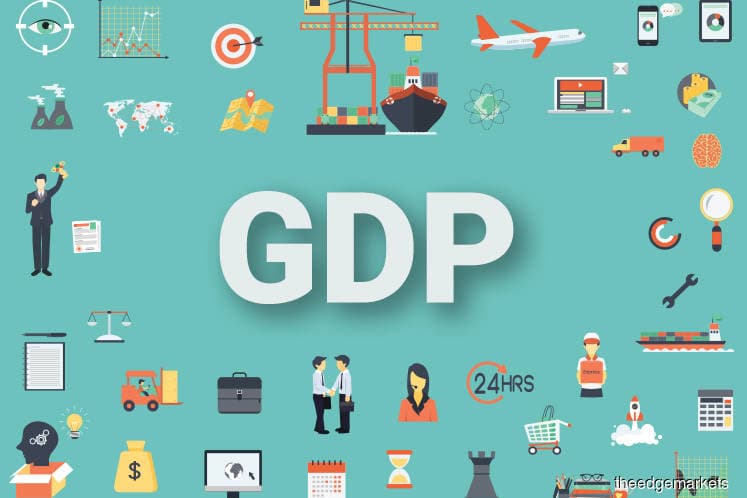
This article first appeared in The Edge Financial Daily on November 23, 2017
KUALA LUMPUR: Malaysia stands to lose as much as US$362 million (RM1.49 billion) annually from its gross domestic product (GDP), if it proceeds with its plan to impose a new charge on airline passengers, according to two aviation bodies.
The International Air Transport Association (IATA) and Association of Asia Pacific Airlines (AAPA) have expressed strong concern over Malaysia’s plan to introduce a new border management programme called Advance Passenger Information (API) management system, which is known in Malaysia as the Advance Passenger Screening System (APSS).
This management programme helps states receive passengers’ passport details electronically before international flights land or depart, and some 65 countries worldwide have already introduced such programmes as they will become mandatory in 2018 under a new International Civil Aviation Organization Standard.
Malaysia is planning to recover its costs for the API programme through a new charge on passengers.
In a position paper issued yesterday, IATA and AAPA said they were strongly concerned about the proposed charge that would be levied on passengers flying into and out of Malaysia.
“A large majority of the states with API programme in place do not levy such charges but have instead agree to fund this through the general national budget,” both aviation bodies said.
They said funding for the API programme is a state responsibility as it is linked to border security and intelligence collection — which ICAO Document 9082 explicitly says should not be recovered through a charge.
“An APSS charge would have an adverse effect on Malaysia’s competitiveness and the aviation sector: a hypothetical charge of US$8 per passenger would drive a decrease in international passenger traffic of around 2.8% annually, reducing the industry’s contribution to Malaysia’s GDP by US$362 million,” it said.
“The presence of a passenger charge [in addition] to other tourist taxes makes travel to Malaysia significantly more costly for any visitor, and would be detrimental to efforts making Malaysia a travel destination,” it said.
Airlines already contribute to API programme by collecting, formatting and sending the data to the authorities, and training their staff. This represents a cost to the airlines, it added.
IATA and AAPA also highlighted that the long-term cumulative collection of a passenger charge will be greater than the costs incurred for the system.
AAPA is the trade association for international airlines based in the Asia-Pacific, while IATA is the global trade association for airlines, representing 275 air carriers.